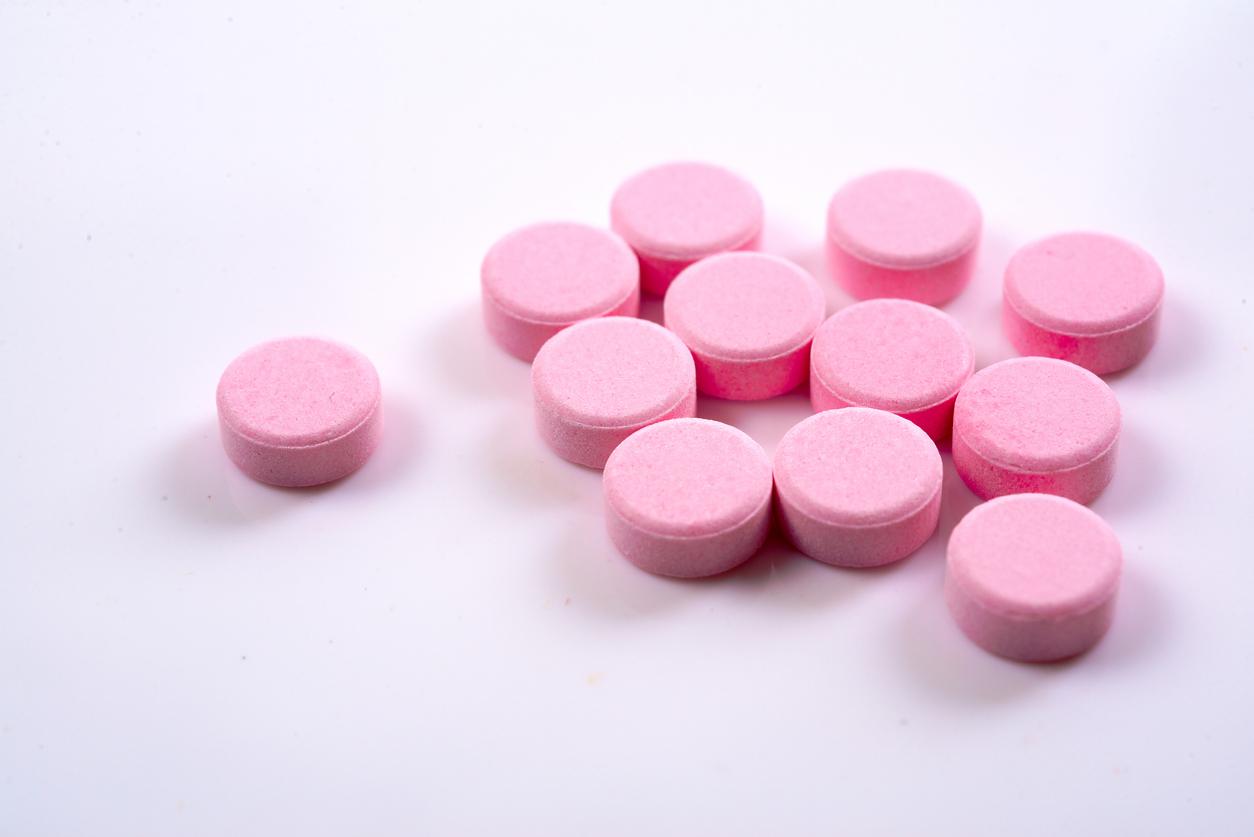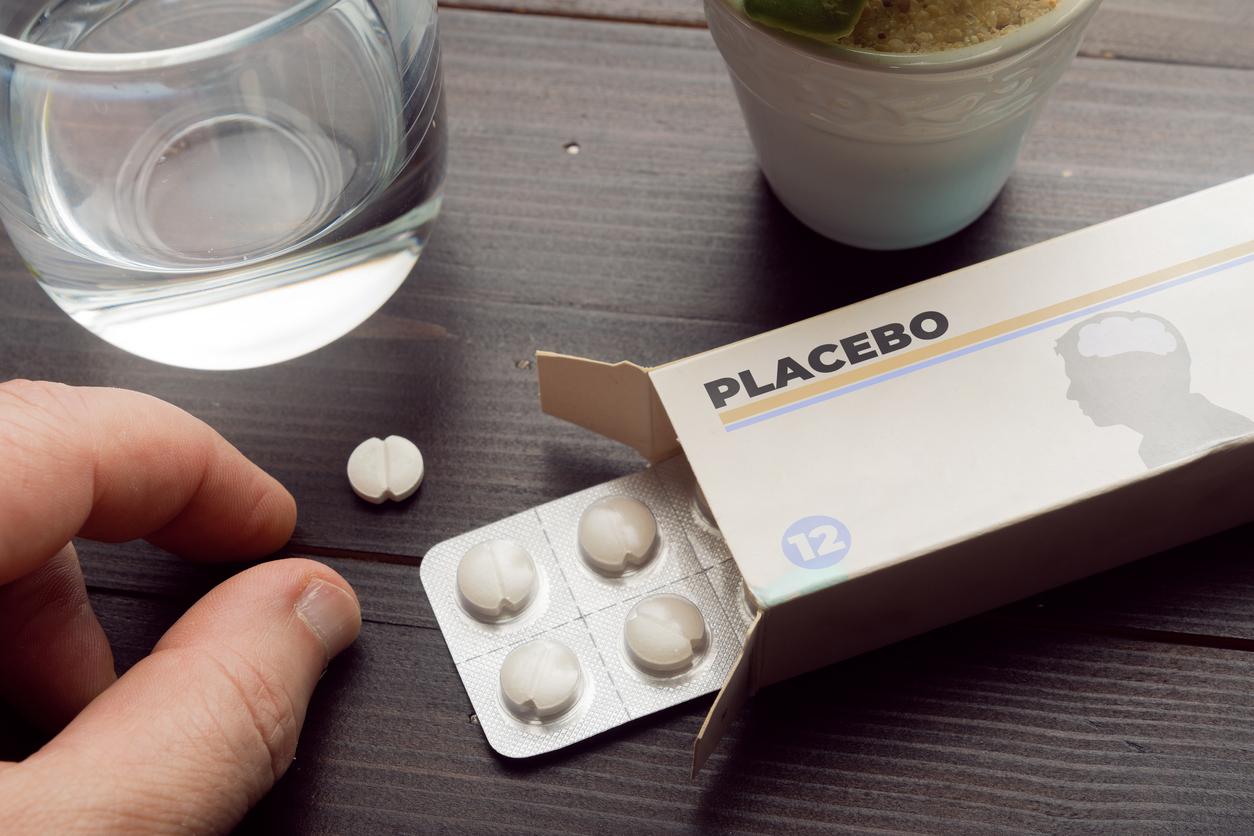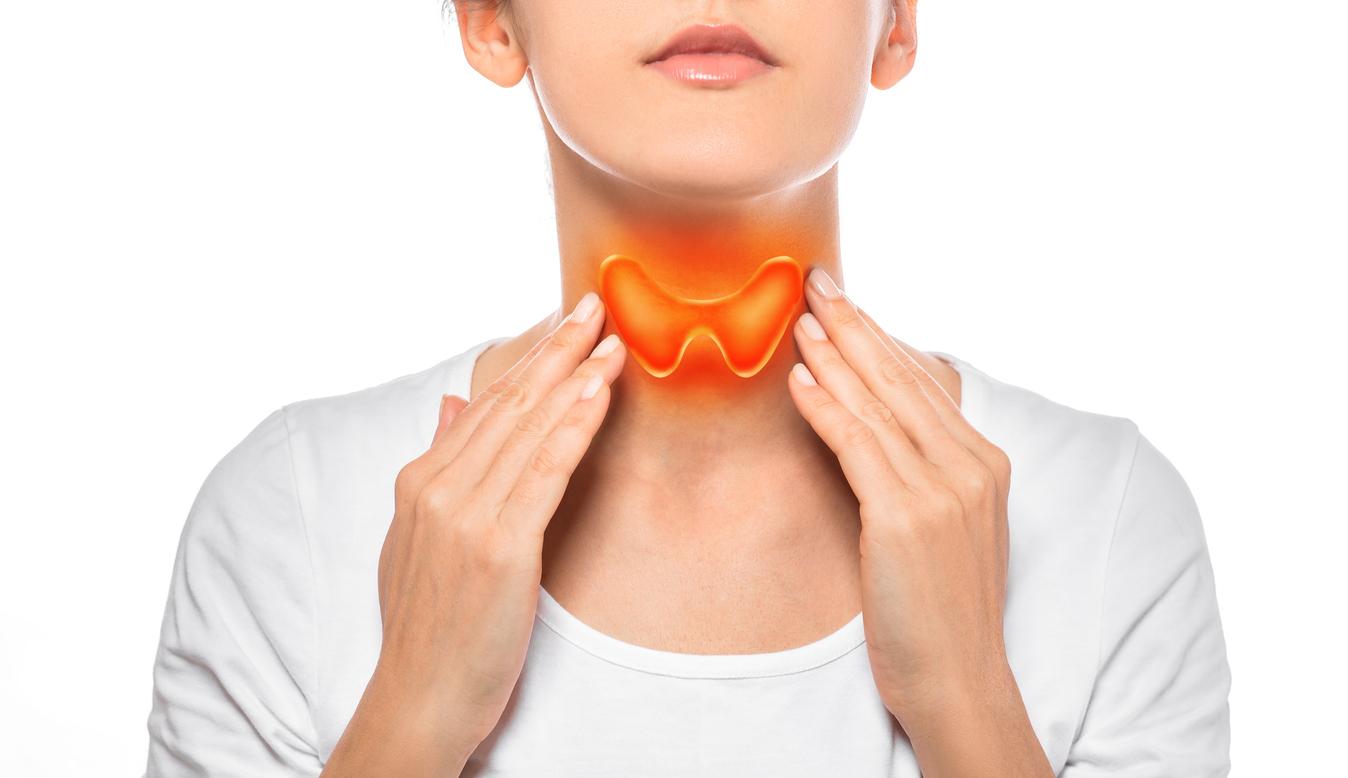We call placebo a substance which has no pharmacological properties but which is prescribed in the same way as any drug. If the patient reacts positively to this sham treatment, it is because theplacebo effect has worked. Convinced that this “medicine” will cure him, the patient derives benefits from the administration of the placebo, even though there is no active principle.
At the biological level, the placebo effect results in specific brain mechanisms, such as the release of dopamine, a substance linked to pleasure and the reward circuit. However, some people appear to be less sensitive to placebos than others, and have a reduced placebo effect.
Why this difference? According to the analysis of several studies conducted by researchers at Harvard School of Medicine, there is actually a genetic predisposition to the placebo effect. Published this April 15 in the newspaper Trends in Molecula Medicine, the study thus establishes that there are 11 genes promoting the activation of brain mechanisms linked to the placebo effect. The network of genes involved would be such as the researchers nicknamed it “placebome”, a mixture of the words genome (set of genes) and placebo: the genome of the placebo effect.
A “placebome” to be taken into account in clinical trials
In a clinical trial, theefficiency of a drug is only proven when it results in greater improvements than placebo alone. The patients participating in the trial are thus divided into two groups: one testing the molecule to be evaluated, the other a placebo, without anyone knowing in advance in which group it has been affiliated. For the researchers of the study, the genetic predisposition to the placebo effect must also be taken into account in clinical trials, otherwise the data are more or less accurate.
“Perhaps it is necessary to provide in addition to the ‘treatment’ and ‘placebo’ groups a group that receives nothing at all,” suggests Kathryn Hall, lead author of the study. “It would be a step forward in the description of the placebome. “For the researcher cited by Le Temps,” it should be recognized that placebos can maximize the benefit of care while minimizing their deleterious effects, which must be the primary concern of physicians. “
Read also :
Placebo treatment, effective in calming children’s coughs
Unusual: there is also a placebo effect for sleep
Acupuncture, a placebo effect?


















